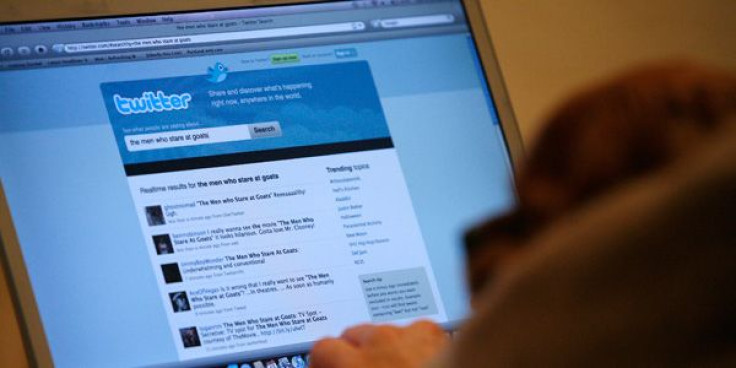Twitter Ordered By French Court To Hand Over Personal Data For Racist And Anti-Semitic Users
Court asks for easier reporting capabilities within the social network.

Twitter is once again facing localization problems as it runs up against the tenuous legal position of hate speech in European countries. On Thursday, a French court ordered the social media company to turn over user data to the French Union of Jewish Students to assist the organization with identifying people who posted racist and anti-Semitic messages on the social network.
The Associated Press said the court gave Twitter just over two weeks to comply with the ruling, after which point it will face daily fines of €1,000 ($1,335).
The court order comes several months after the French Jewish Students Union first filed a summons against Twitter to locate users who had begun sending anti-Semitic messages in October 2012, popularizing the hashtag #unbonjuif (#agoodJew in French).
Hate speech is often deemed illegal in France since “incitement to racial hatred” is illegal, so the Jewish organization is hoping to prosecute each offending Twitter user individually. But the Union cannot level any charges against the users if it doesn’t know their real names, and Twitter has no legal obligation to disclose the information since it is a U.S. company with no corporate holdings or business operations in France.
The court also ordered Twitter to update its service in order to make it easier for users to report “illicit content” in the future.
Twitter has previously intervened in cases of racial hatred when pressured by European authorities. Last October, for instance, the company blocked access to a German neo-Nazi account at the behest of local police. And late last month, Twitter disabled several British accounts following allegations of child pornography.
Since Twitter has no specific legal requirement forcing its hand in this case, it’s unclear what direction the company will take. But as the company continues to expand internationally, it’s sure to face more of these conflicts with local cultures and politics.
© Copyright IBTimes 2024. All rights reserved.












